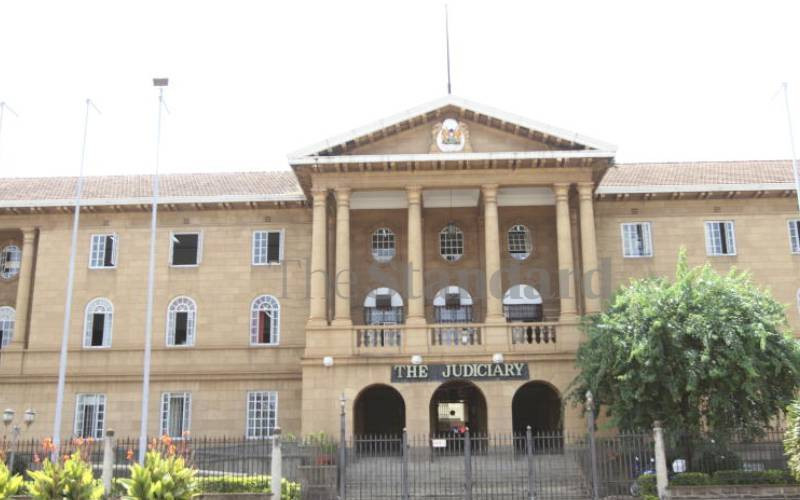×
The Standard e-Paper
Fearless, Trusted News

The unwarranted vitriol by the President against the Judiciary is unfortunate and detrimental to the business environment.
While the political power balance tilts in favour of the Executive, it is the sanctity of the law and an assurance of a strong arbitration mechanism that governs commercial transactions.